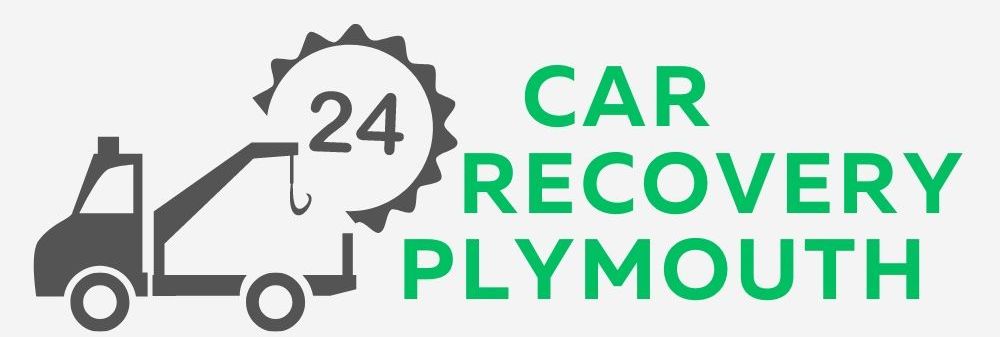Off-Road Recovery: Strategies to Retrieve Stranded Vehicles
When venturing into wild and rugged terrains, the thrill of off-road driving can sometimes lead to unexpected situations where vehicles become stranded. Effective strategies for off-road recovery are essential for every adventurer, whether due to mechanical failure, adverse weather conditions, or challenging terrain. This blog post will explore various techniques and tips to safely recover vehicles without causing damage to the environment or the vehicle itself.
Understanding the Basics of Off-Road Recovery
Off-road recovery involves a set of practices designed to safely extract a vehicle from difficult situations such as mud, sand, snow, or ditches. The primary goal is to ensure the safety of the occupants and the preservation of the vehicle whilst minimising environmental impact. Before attempting any recovery, it's crucial to assess the situation thoroughly, understanding the type of terrain and the vehicle's condition.
Key Equipment:
- Recovery straps and ropes: Essential for towing, these provide the strength and elasticity needed for effective vehicle recovery.
- Winches: A mechanical device used to pull in or let out the tension of a rope or cable, crucial for pulling a vehicle out of a tricky spot.
- Shackles and hooks: These are used to attach recovery straps or ropes to the vehicle securely.
- Ground anchors: Provide a solid point to winch against when natural anchors are unavailable.
- Traction mats or boards: Assist in gaining traction on slippery or unstable surfaces.
Strategies for Different Terrains
Different terrains require specific strategies tailored to maximise safety and effectiveness:
Mud:
Lower tyre pressure, use traction mats, and, if necessary, use a winch or recovery strap for extraction.
Sand:
Like mud, lower the tyre pressure, clear sand away, and gradually accelerate.
Snow:
Employ snow chains, clear away snow, and gently rock the vehicle to create momentum.
Rocks:
Assess and clear the path, use a spotter to navigate, and employ a winch for difficult areas.
Advanced Techniques
Double-line pull:
A winching technique using a snatch block to double the pulling power.
Kinetic recovery:
Utilises a moving vehicle's kinetic energy to aid recovery.
Safety Considerations
Safety tips include:
- Informing others of travel plans.
- Keeping bystanders clear.
- Inspecting gear.
- Using protective equipment during operations.
Benefits of Professional Recovery Services
Utilising professional car recovery services offers numerous advantages:
- Expertise and Experience: Skilled professionals adept at handling diverse recovery scenarios.
- Advanced Equipment: Access to specialised, high-quality recovery tools.
- Safety: Adherence to strict safety protocols to ensure the well-being of all involved.
- Time Efficiency: Quick and efficient recovery to reduce downtime and stress.
- Insurance and Liability: Coverage for any damages during recovery operations.
- Environmental Consideration: Techniques that minimise environmental impact.
Being prepared with the right knowledge and equipment is vital for any off-road enthusiast. Understanding and employing effective recovery strategies can make the difference between a minor inconvenience and a prolonged ordeal. Remember, safety should always come first, no matter how challenging the situation.
Car Recovery Plymouth should be your first choice when you need professional assistance. With years of expertise in safely recovering vehicles in all off-road conditions, we ensure your adventure doesn't become a misadventure. Simply search "car recovery near me" on the internet to find us!
Check out our latest GBP update about
off road recovery.
